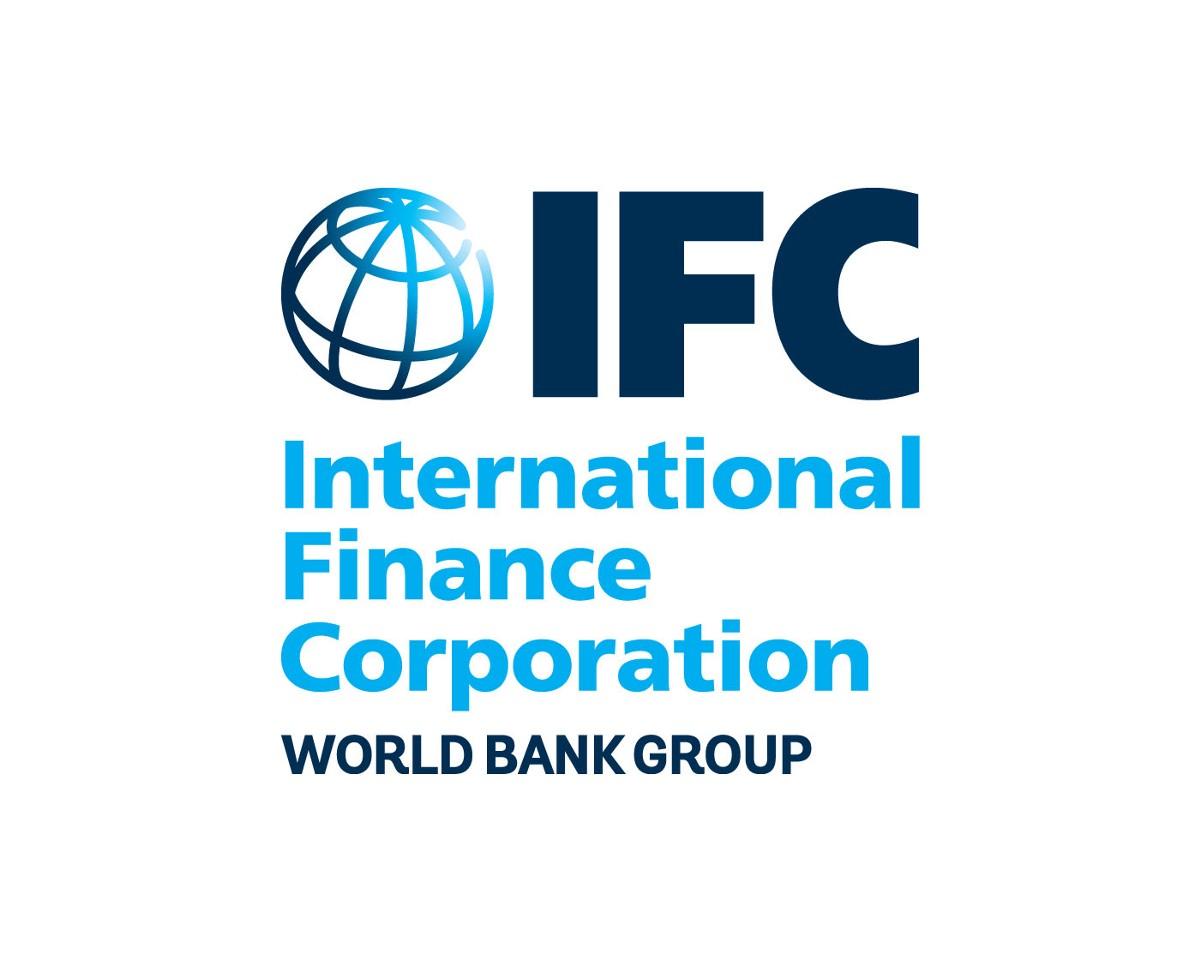IFC promotes implementation of Better Cotton standard in Uzbekistan

By Kamila Aliyeva
Ecologically sustainable cotton varieties will be grown in Uzbekistan in accordance with the ‘Better Cotton’ world standard.
The project is implemented by the International Finance Corporation (IFC), a member of the World Bank Group with the financial support of the Hungarian EXIM Bank.
The presentation of the project took place on October 24 in the framework of the 13th International Uzbek Cotton and Textile Fair.
The goal of the project, designed for 2017-2022, is to increase the efficiency of cotton production by implementing the best world practice, and thereby minimizing the risk of using forced labor in the cotton sector. The estimated cost of the project in the form of investments from IFC is $5 million, Uzbek media outlets reported.
At the first stage (in 2017-2018), IFC carries out a pilot program - the development and testing of a system of standards for sustainable cotton production based on the world standards in Fergana (3 cotton plants and 6 farms) and Jizzakh (2 cotton plants and 4 farms) areas . After successful testing, the system will be scaled to 3000 farms and agribusinesses that produce cotton in these areas.
In 2019-2022, it is planned to expand the application of the system of standards for sustainable cotton production to the rest regions of Uzbekistan.
The Better Cotton standard does not imply the use of manual labor in the collection of cotton.
The head of IFC consulting services in industry, agribusiness and services Tatyana Lozanskaya said that support for sustainable development of the private sector is a strategic objective of IFC.
“Our project on the development of the cotton sector in Uzbekistan will accelerate the transformation processes in Uzbekistan aimed at increasing the role of the private sector in the country's economy. The introduction of the best practices in the production of cotton will also provide an opportunity to increase the global competitiveness of Uzbek cotton fiber and textile products," she noted.
Uzbekistan will achieve full processing of cotton fiber in 2021. At the same time by 2021 the production of textile and clothing and knitted products will increase by 2.2 times compared to 2016, including ready-made fabrics - 2.7 times, knitted fabrics - 3 times, knitted goods – 3.4 times, hosiery – 3.7 times. It is planned to increase the export of products by 2 times.
One of the policy priorities of Uzbekistan, the world’s sixth-largest cotton producer, is further development of its textile industry. Uzbekistan takes consistent steps to increase the volume of cotton fiber processing.
In particular, it is planned to create 112 modern, high-tech industrial factories, expand, modernize and technologically upgrade 20 operating capacities. All this will increase the export potential of the industry up to $2.5 billion a year and create more than 25,000 jobs.
In the period 2010-2014, the textile industry of Uzbekistan received and spent foreign investments worth $785 million while 147 new textile enterprises with participation of investors from Germany, Switzerland, Japan, South Korea, the U.S., Turkey and other countries were commissioned. Export potential of these enterprises amounted to $670 millions.
---
Kamila Aliyeva is AzerNews’ staff journalist, follow her on Twitter: @Kami_Aliyeva
Follow us on Twitter @AzerNewsAz
Here we are to serve you with news right now. It does not cost much, but worth your attention.
Choose to support open, independent, quality journalism and subscribe on a monthly basis.
By subscribing to our online newspaper, you can have full digital access to all news, analysis, and much more.
You can also follow AzerNEWS on Twitter @AzerNewsAz or Facebook @AzerNewsNewspaper
Thank you!
